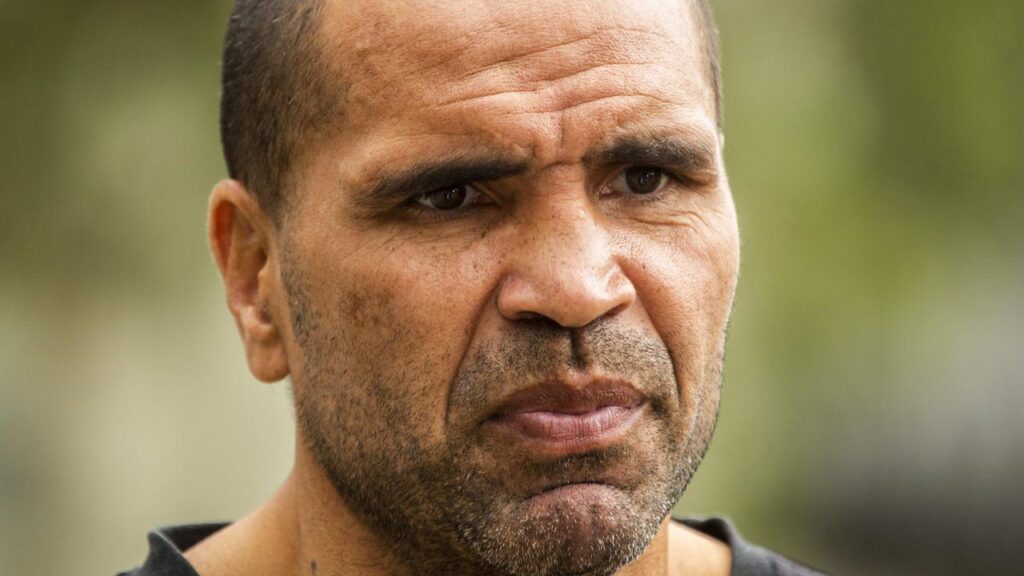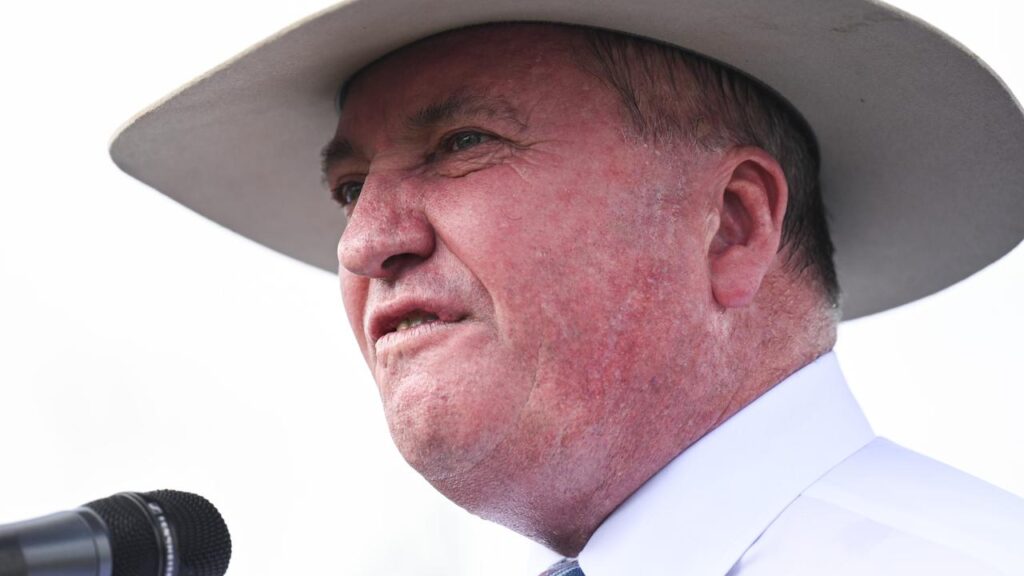Mum’s court outburst over forced marriage
Written by admin on July 29, 2024
A woman who forced her daughter to marry a man against her wishes, before he later murdered her in a “fit of rage”, has refused to sign a document that will release her from prison early.
Judge Fran Daziel jailed Sakina Muhammad Jan, 47 or 48, for three years in the County Court of Victoria on Monday.
But in an emotional outburst that involved family members, Jan refused to sign a recognisance release order that would allow her to serve two years in the community.
“I’ve done nothing wrong I cannot accept … I cannot be locked in,” she said through a translator.
Jan was the first person to be sentenced on a forced marriage charge after the Australian government introduced the offence in 2013, Judge Dalziel said.
Following a lengthy trial earlier this year, a jury found Jan guilty of coercing her 21-year-old daughter, Ruqia Haidari, to marry Mohammad Ali Halimi in late 2019.
About six weeks after the newlywed couple moved to Perth where Halimi lived, Ms Haidari was murdered by her new husband in January 2020
Judge Dalziel told the court that Ms Haidari and Halimi had been introduced by an Islamic community member in Shepparton, with Jan approving an arranged marriage a week later.
Jan was paid a $14,000 dowry for her youngest child’s hand in marriage.
They were engaged in a one-year temporary marriage, or Nikah, to get to know each other, but Jan pressured her youngest daughter to enter a full marriage in August the same year.
Judge Dalziel said Ms Haidari had expressed to people in the Shepparton region that she did not want to marry, but her mother said it was not up to her.
“Are you my mother or am I your mother? I can make decisions for you,” Jan said, Judge Dalziel told the court.
“Do you think it is up to you? No matter what, you need to listen to me; your mother.”
People had offered to help Ms Haidari or speak with Jan, the court was told, but Ms Haidari refused, fearing it would provoke her mother’s anger and impact her standing in the community.
Last week, the court was told Jan had not accepted her criminal responsibility because doing so would be accepting some responsibility for her daughter’s death.
The family are Hazaras, a victimised ethnic minority of Afghanistan. They spent 13 years in a refugee settlement in Pakistan before settling in Australia in 2013.
Judge Dalziel said she accepted Jan, who was married at 13 and never had a formal education, thought she was making the right decision.
“It must be made clear to everyone in our country that forced marriage is against the law,” she said.
“You abused your power as her mother to override her desire to not marry Mr Halimi.”
After Jan refused to sign the order, Judge Dalziel said if she did not sign the paper she would serve the full three years rather than serving two in the community on the condition Jan was of good behaviour.
But she accepted Jan was going to be of good behaviour, approving the recognisance release order, after Jan said: “I’ve never done anything wrong and I will never do anything wrong.”
Members of Jan’s family sobbed after she was led from the courtroom. One woman collapsed to the floor, prompting staff to call a “code blue” emergency response.
Halimi, 26, was sentenced to life imprisonment in 2021 after he was convicted of murdering Ms Haidari by slashing her throat with a kitchen knife.
He will be eligible for parole after serving 19 years.
Also on Monday, Attorney-General Mark Dreyfus announced a new public consultation process amid a push to increase civil protections for victims of forced marriage.
He said following the introduction of forced marriage as a criminal offence in 2013, it had become the “most reported slavery-like offence”.
“We want to hear from all interested stakeholders and members of the community on how enhanced civil protections could meet the needs of those at risk, particularly young women and girls,” he said.







